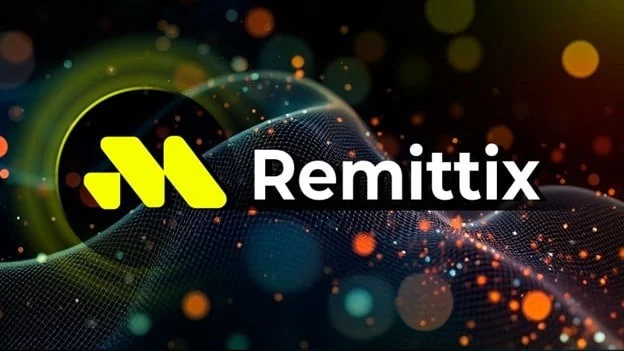Now Reading: Remittix (RTX) and the Rise of Practical Utility in Crypto
-
01
Remittix (RTX) and the Rise of Practical Utility in Crypto
Remittix (RTX) and the Rise of Practical Utility in Crypto

As the global crypto market matures, a new shift is emerging from speculation-driven tokens to coins designed with real-world use cases. Remittix (RTX), often described as part of the PayFi movement, is gaining attention for its focus on cross-border payments and practical applications. For India, especially in Tier-2 cities where remittances and digital transactions are a part of daily life, this trend highlights how crypto may evolve beyond trading hype.
The appeal of Remittix lies in its promise to make money transfers faster and cheaper compared to traditional banking systems. For families in cities like Nagpur, Surat, or Patna, where overseas remittances are common, the idea of using a digital token to receive money without heavy fees or delays holds strong relevance. This gives such projects an edge over purely speculative memecoins.
PayFi, a term blending payments and decentralized finance, emphasizes building systems that connect crypto directly with practical financial services. While most people in smaller cities may not be interested in complex trading strategies, they are open to solutions that improve convenience and affordability in everyday financial tasks. Tokens like RTX are trying to position themselves in that space, bridging the gap between digital assets and traditional finance.
At the same time, challenges remain. Utility-based tokens are still at an early stage, and their long-term adoption depends on regulations, user trust, and integration with existing banking channels. The volatility of crypto markets can also limit the immediate use of such tokens for stable transactions. For ordinary users, the question is whether these coins can maintain value and reliability over time.
The growing interest in utility-driven crypto shows that the Indian market is looking for more than short-term trading gains. People in Tier-2 cities are practical investors, often focused on stability and usability. If projects like Remittix succeed in delivering on their promises, they could redefine how digital currencies are viewed—not as risky bets, but as functional tools for modern financial needs.
























